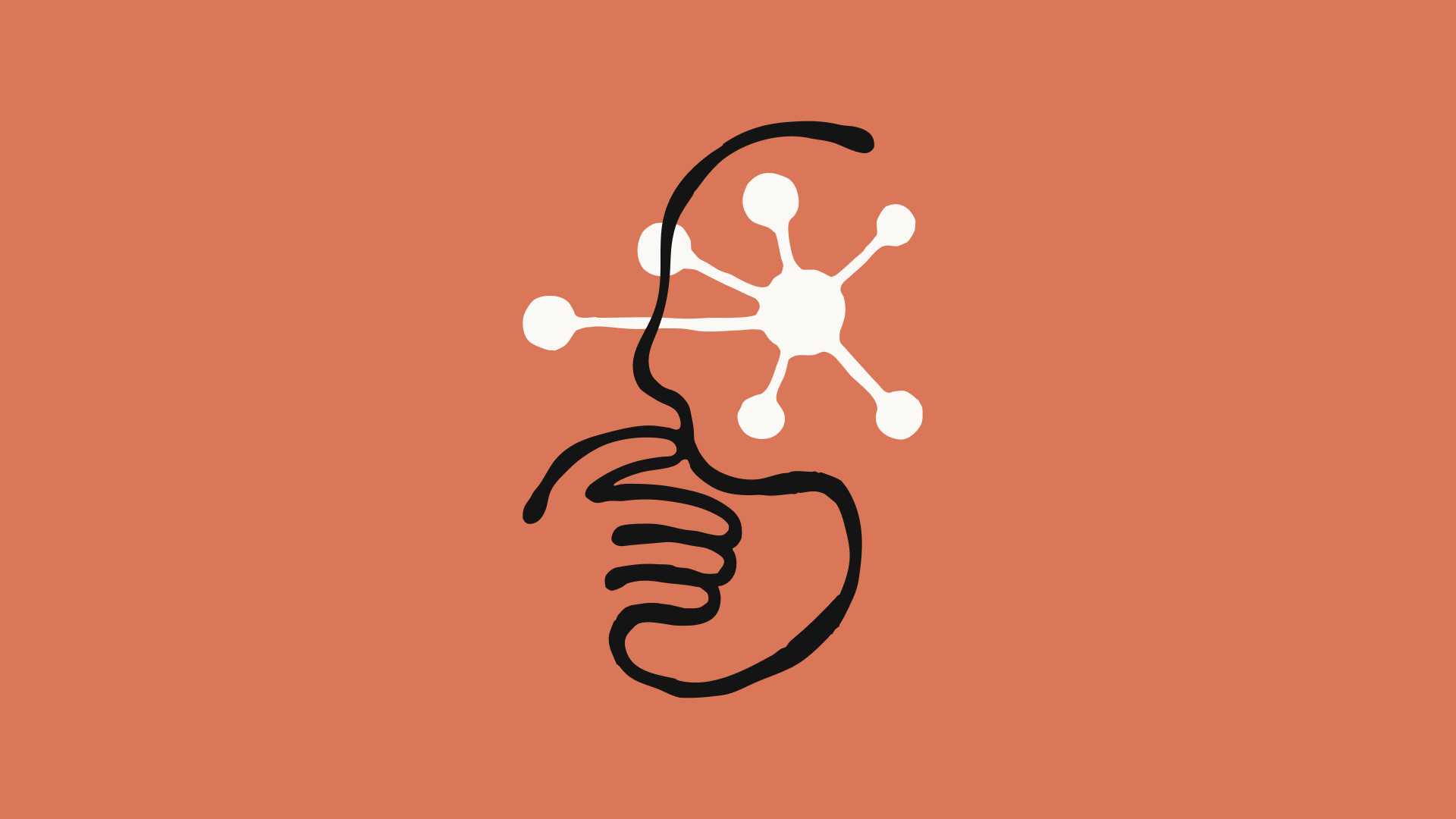Tech
Anthropic Unveils Claude 3.7 Sonnet and Agentic Coding Tool

SAN FRANCISCO, Feb. 24, 2025 — Anthropic has launched Claude 3.7 Sonnet, its most advanced AI model, marking a significant milestone in the evolution of hybrid reasoning models. Available from Monday through Anthropic’s platform and its partners, including Amazon Bedrock and Google Cloud‘s Vertex AI, Claude 3.7 Sonnet delivers near-instant responses and enhanced capacities for complex tasks, particularly in coding and front-end development.
Alongside Claude 3.7 Sonnet, the company introduced Claude Code, an agentic coding tool that allows developers to interact with Claude directly from their command line. Both launches reflect Anthropic’s commitment to integrating reasoning capabilities directly into their AI systems, departing from the segmented approaches of other AI models.
“We fundamentally believe that reasoning should be a core feature of AI and not a separate module,” said Dianne Penn, Anthropic’s product research lead. “With Claude 3.7 Sonnet, users can switch between quick responses and in-depth analysis seamlessly, optimizing their workflows.”
Claude 3.7 Sonnet is priced comparably to its predecessor, at $3 per million input tokens and $15 per million output tokens, now supporting an extended thinking mode for more detailed processing tasks on various plans, except the free tier.
In both standard and extended thinking modes, the model’s performance has significantly improved in real-world applications. Cursor, a coding analytics provider, noted Claude’s exemplary performance in handling complex coding tasks, leading the market in class for real-world coding applications. Meanwhile, Vercel highlighted Claude’s remarkable precision in executing intricate agent workflows.
The introduction of Claude Code showcases its versatility as an active collaborator. Developers can utilize it to write and run tests, edit files, and even commit code to GitHub. Early testing revealed that Claude Code completed tasks in a single pass that typically would consume at least 45 minutes if done manually.
Looking ahead, Anthropic aims to refine Claude Code based on user feedback, with plans to enhance tool reliability and expand its functionalities. “Our goal is to evolve Claude Code into an indispensable tool for ideal coding practices,” said Michael Gerstenhaber, Anthropic’s VP of product.
In regards to efficiency, Claude 3.7 Sonnet leverages a unified approach to decision-making, allowing users to dictate their input preferences on response time and complexity. This flexibility, according to the team, enhances user experience and effectiveness across various applications.
Anthropic’s trajectory represents a shift in AI development, opting for systems capable of consistent reasoning instead of isolated functionalities. This philosophy positions Claude 3.7 Sonnet not only for technical efficiency but also for its potential integration within extensive enterprise AI deployments.
As competition intensifies in the AI landscape, with models from DeepSeek and others gaining traction, Anthropic’s approach reflects a strategic gambit aimed at redefining how AI can augment human capabilities in diverse environments.












